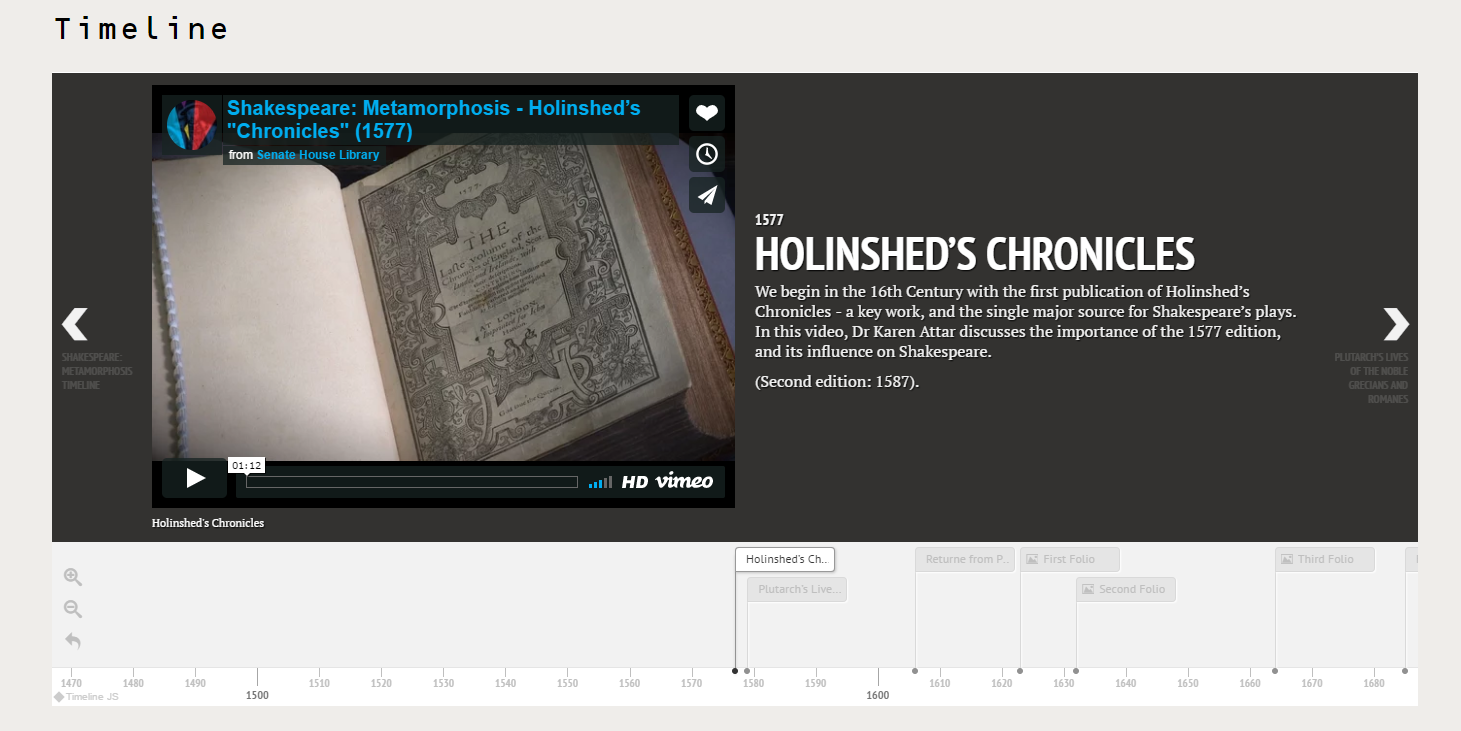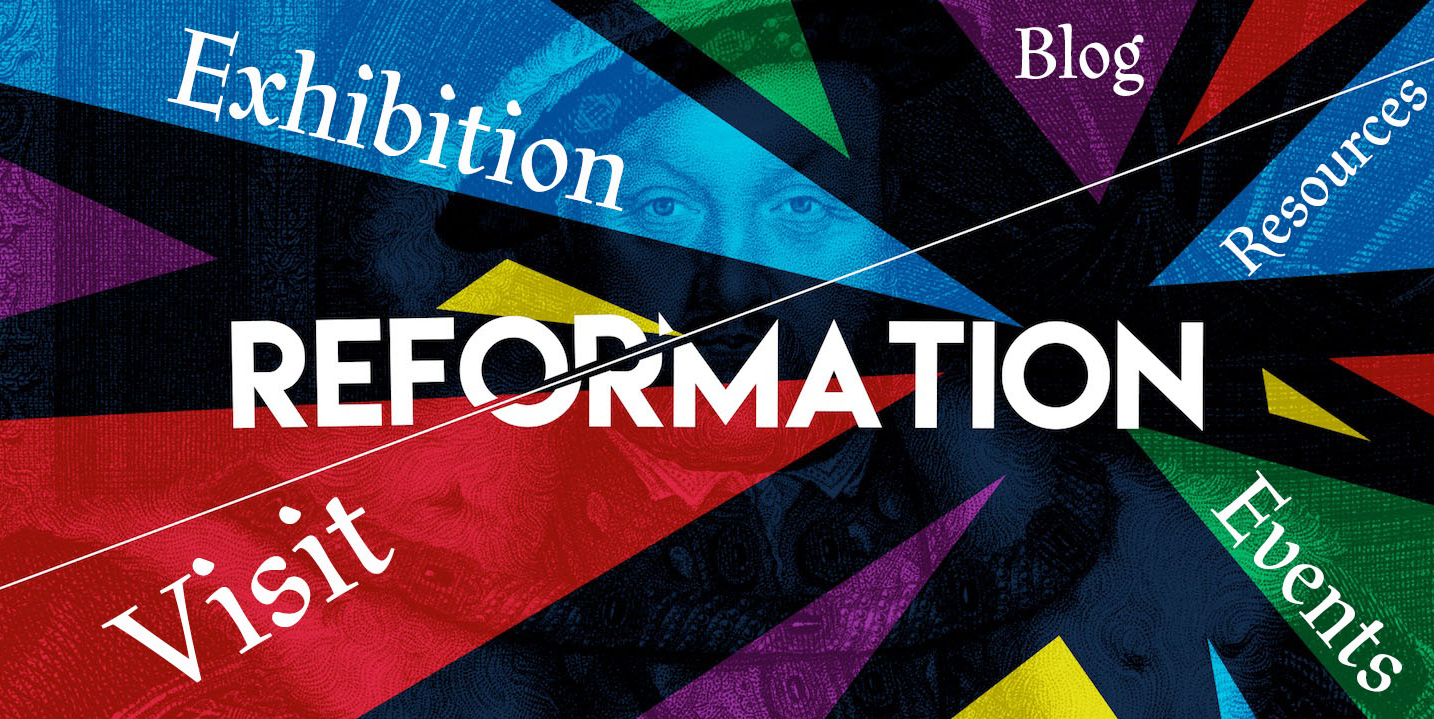On Friday, I attended an interesting talk about the digital side of librarianship. Part of the cpd25 Aspects training programme, it was situated in the British Library’s Knowledge Centre. From this session, I hoped to gain a little more insight into what digital librarianship involved as I felt this was something missing when undertaking my own training. They supplied us with copious amounts of tea and biscuits before talking about how digital librarianship affected their roles and influenced how they interacted with their users.
The introduction was presented by Paul Allchin, the Science Content and Reference Specialist at the British Library. He gave a brief overview of the online catalogue at the British Library and how they were planning to develop it further. He discussed the history of the British Library’s relationship with digital librarianship and I was surprised to discover the British Library introduced its first OPAC system in 1992. Bringing in an OPAC system brought many challenges as the collections were not integrated together. This is something that remains a challenge to this day, as many of the collections are specialist and so it is hard to integrate them all into one system.
Paul also discussed how the British Library are trying to put more resources as full text online so their users have better access to their resources. However, there are issues due to restrictions from publishers and copyright. Although many items are now full-text online, they can only be used when at the British Library. This is something that they are looking into for the future.
After Paul’s talk, we had the main talk from Russell Kennedy, a Web and Solutions Analyst working at Senate House Library. In his introduction, he talked about how he came to be in his role, from starting as a shelver at Goldsmith’s university, to undertaking a Librarianship course at City, University of London! Throughout his career, he had a growing interest in digital librarianship, which resulted in taking up his current role.
In Russell’s talk, he discussed aspects of digital librarianship by going through a couple of case studies developed from his work. First, he discussed how the website for Senate Houses Library was changed. The library decided they needed to re-design the library website in order to reflect a change in strategic aims, more fully promote their services and make the website more interactive and engaging for users. For the redesign, a work group was made out of library staff and other stakeholders. First the work group identified the purpose of the new website which was to:
- Increase footfall in the physical library
- Reduce fear as library can be an imposing place for new visitors
- Encourage repeat visits to the library
- Save time of users and staff
A number of workshops were also undertaken; these focused on website content and concept design. Key issues looked into during the design process was accessibility for disabled users, compatibility on different platforms (tablet, smart phones) and usability. To ensure they were meeting the original purpose of the new site, they organised usability testing. The site was launched last year, and the website is now a continuous project to ensure it stays up to date and relevant to its users. In the future they hope to improve the website through analysis and reviews. The original working group is still and now works in an editorial capacity, and are investigating how new systems can be integrated into the website.
Next, he discussed how digital librarianship helped with creating Senate House library’s summer exhibition for the 400th death anniversary of Shakespeare. For this, the library created a separate mini site for the exhibition, which they hoped would engage users online and encourage new visitors. Also, the project aimed to increase an interest in Shakespeare and promote some of the rarer items in their collection.
They engaged users online in a number of ways, some more unusual than others. Online they had videos, an interactive timeline and campaigns on social media. In the physical exhibition, visitors could use augmented reality to create a different experience’s in the library space and touchscreens were dotted around the exhibition for extra interactivity. The digital aspect of the exhibition was considered a success as it engaged many people both online and at the library.
There was also a legacy aspect as some of the exhibition’s events and lectures were recorded and put online. These have now been archived and the exhibition’s website continues to be maintained. The library is now working on the online content for their next exhibition, which is about the Reformation. They are taking what they learnt from last year, but also considering new things that they can do as technology is constantly developing.
Last, he briefly discussed the creation of an online repository for digitised collections at Senate House Library, which is still an ongoing project. The driver for creating an online repository is to bring digitised items in one space for better usability, for preservation of rare items and to increase awareness of the libraries’ collections. Many of the issues surrounding developing the repository are very similar to what they encountered when developing the new website. To develop the repository, where will need to be liaison with a large number of stakeholders, as well as ensuring that the repository will be user friendly and accessible.
Overall, I found the talk interesting and felt I learnt from the experience. I discovered that some of the most important things to consider when designing online spaces is engagement, accessibility and promoting the library’s service, as well as its ethos. I also found out that there are a lot of stakeholders involved in digital librarianship and to create effective online spaces for the library there needs to be good communication between them. Last, I realised that digital librarianship is a constantly developing where new things are being discovered every day, and to achieve in this field you need to be adaptable, not afraid to try new ideas and technologies.
Related Links:
Senate Shakespeare exhibition mini-website
Senate Reformation exhibition mini-website



